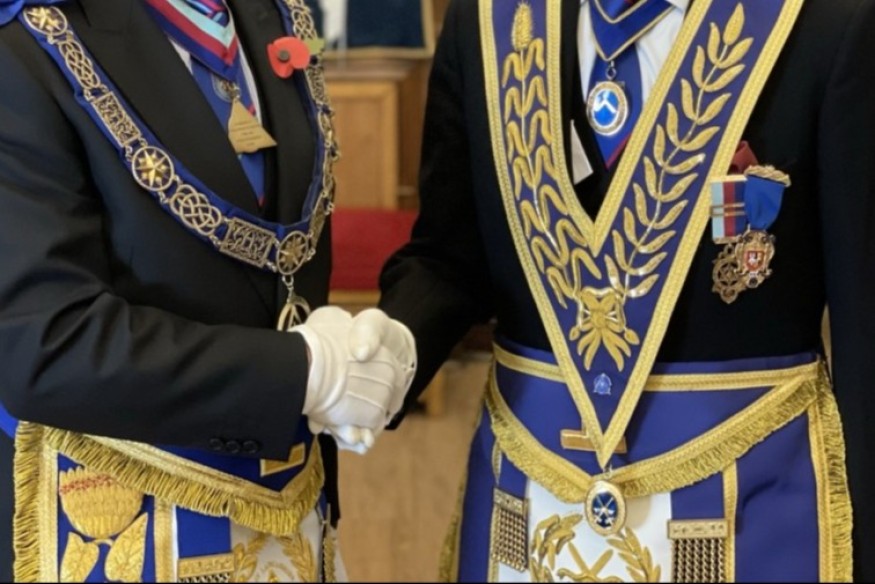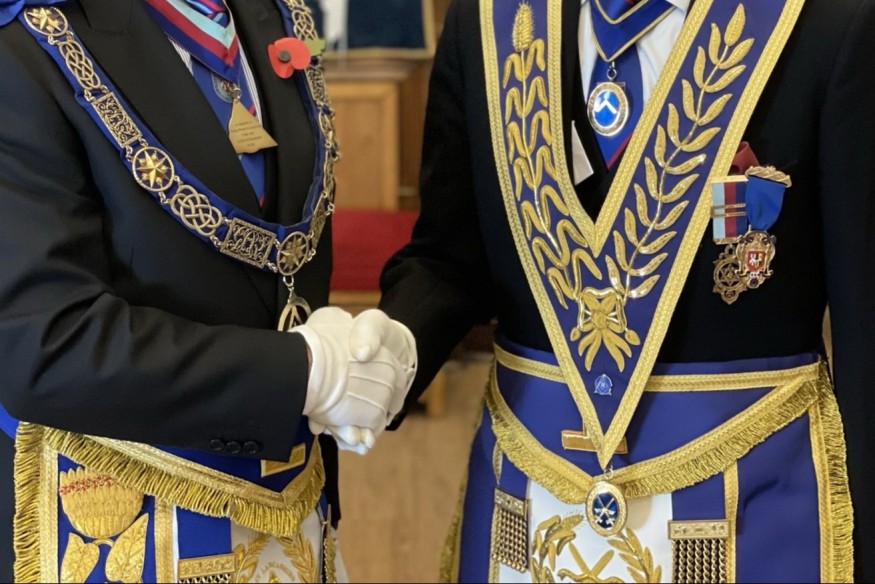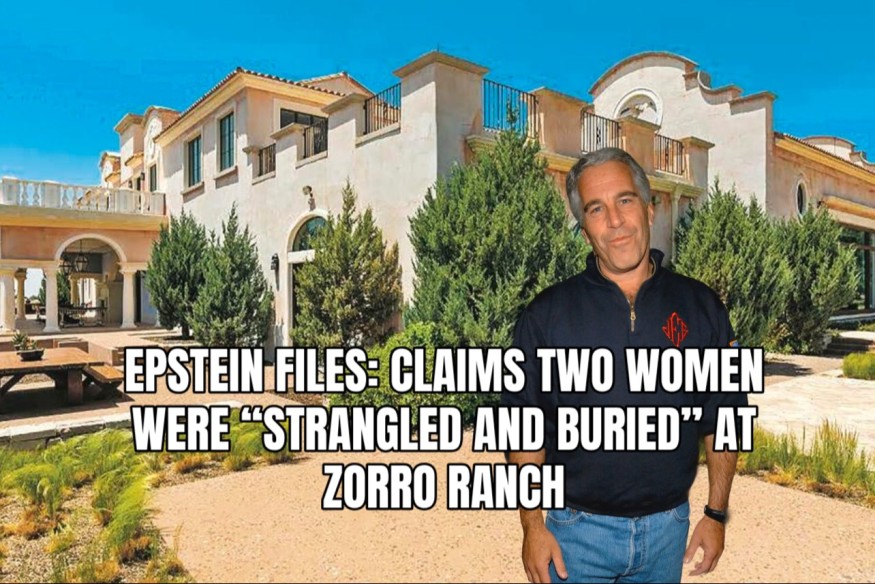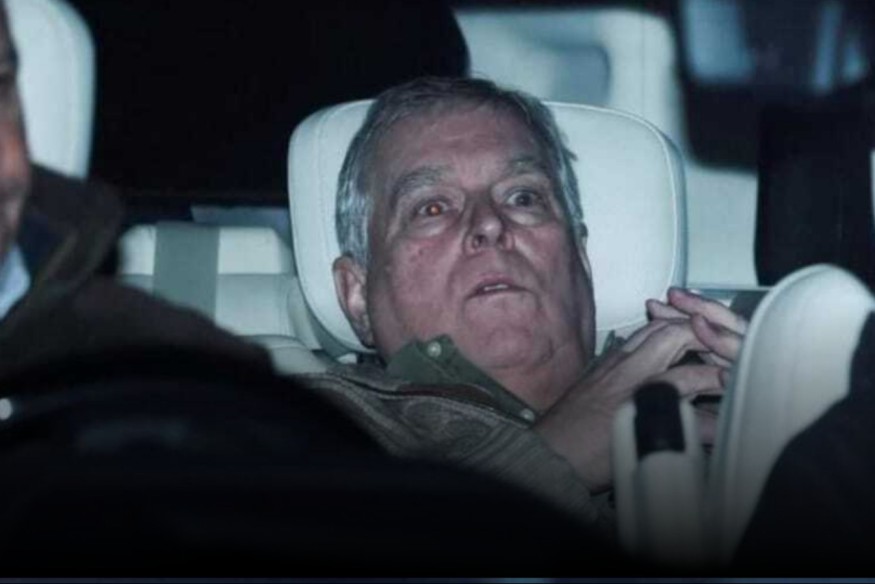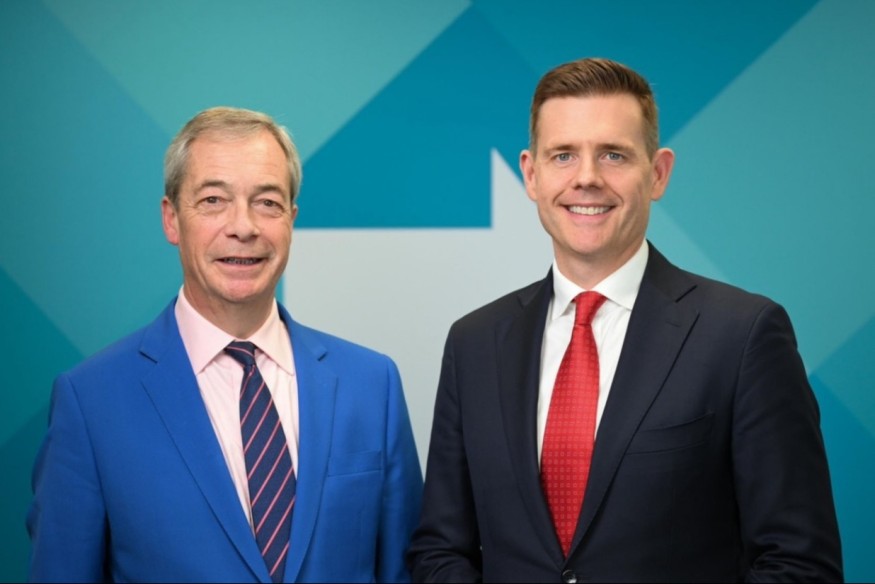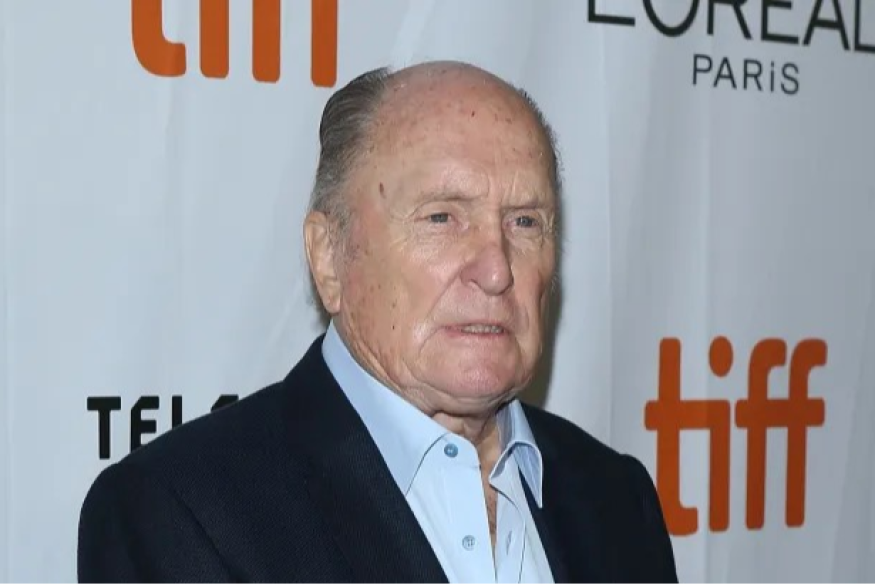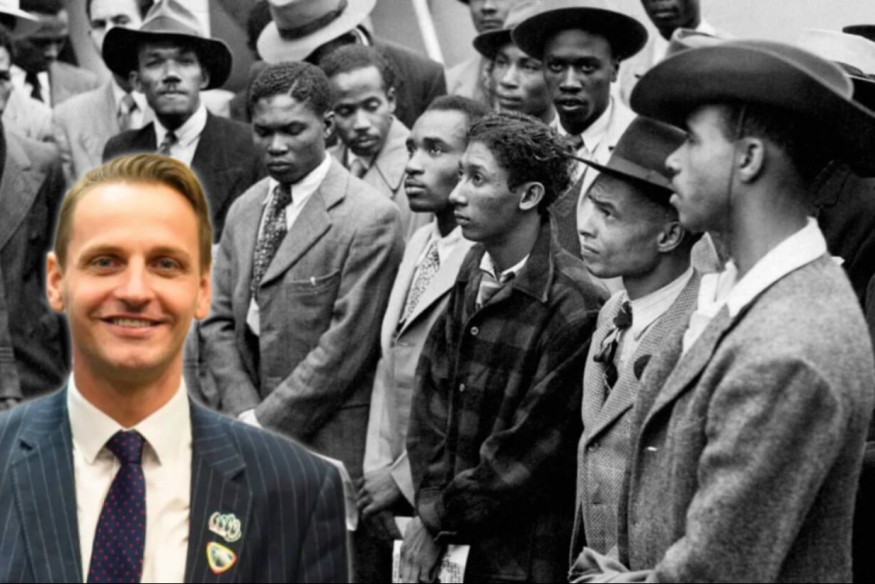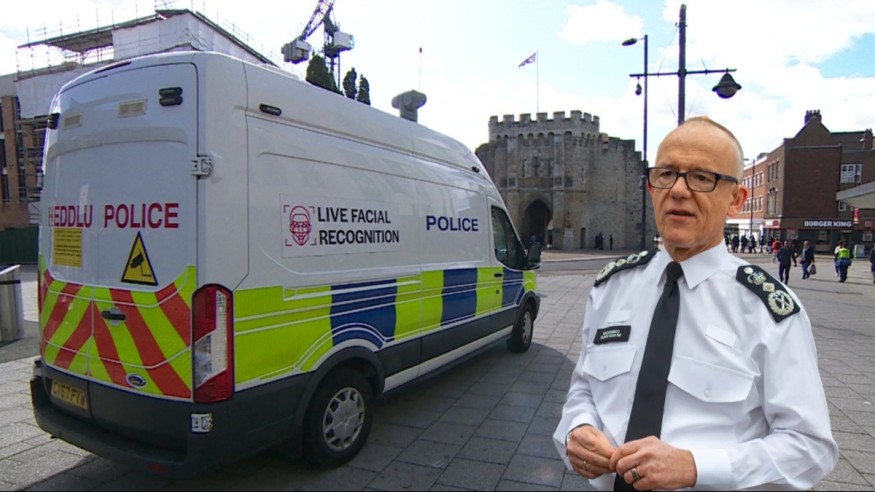
September 16, 2025
Facial Recognition for Carnival, but not for Tommy Robinson, Mark Rowley’s Racism is now policy.
The Metropolitan Police, under Commissioner Sir Mark Rowley, has made a decision so racially biased it should trigger a public reckoning. But should Mark Rowley resign.?
At Notting Hill Carnival, a celebration of Black culture, live facial recognition (LFR) was deployed aggressively. The first arrest happened within five minutes. Rowley called it a “game-changing tool” and boasted of 61 arrests, including 16 for serious violence and 13 for violence against women.
Advertisement
But at the Unite The Kingdom rally, led by convicted criminal Tommy Robinson, where a supporter was filmed openly calling for the assassination of the Prime Minister and where 26 police officers were injured and violent disorder broke out, LFR was not used. Rowley’s justification? He feared a “chilling effect” on free speech.
“We haven’t used it on any protest so far,” Rowley told the London Policing Board. “I’m cautious on using it on protests as opposed to events, for the reason of freedom of speech and the rights expressed under the Human Rights Act.”
This is not caution. It’s cowardice. And it’s racism.
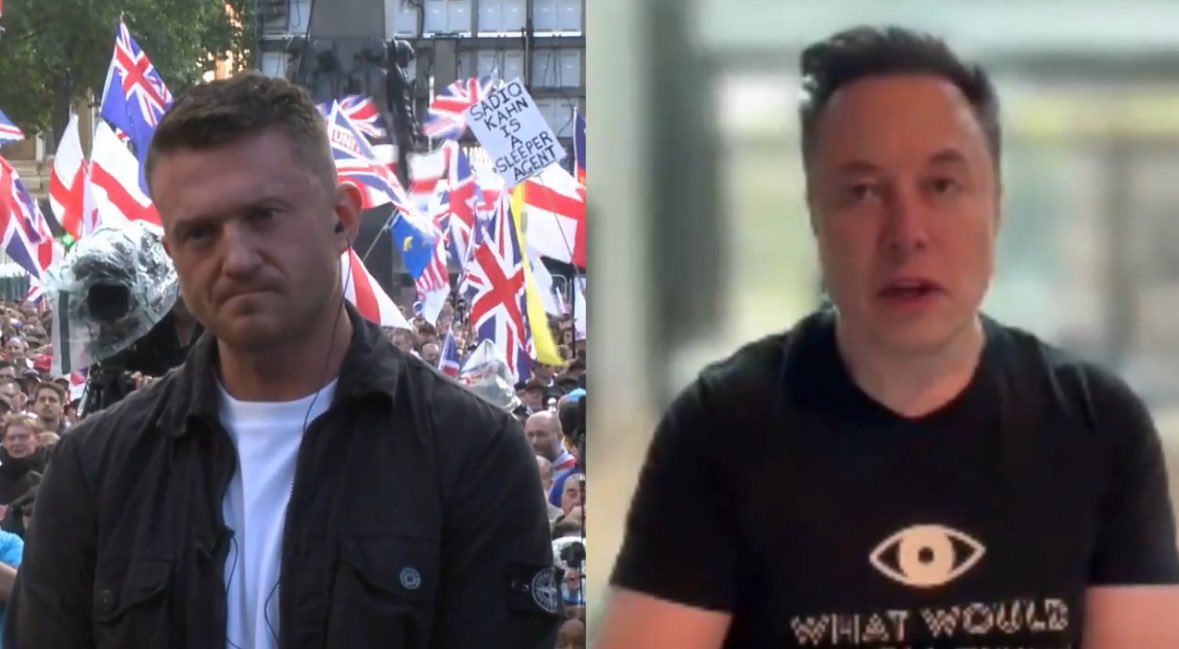 Elon Musk appears (via video link) at Tommy Robinson's Unite the Kingdom Rally
Elon Musk appears (via video link) at Tommy Robinson's Unite the Kingdom Rally
The Met’s Logic Is Rotten—and the Surveillance State Is Expanding
Rowley claims Carnival has a “tragic history of violence.” But so does Tommy Robinson. His rallies are notorious for inciting hate, disorder, and assaults. And this occasion saw tech billionaire Elon Musk openly inciting violence—a move now widely condemned by the Home Office, Downing Street, and almost every sensible Westminster politician. Yet, the Met chose to scan thousands of Black faces at Carnival while shielding Robinson’s crowd from scrutiny.
Advertisement
This isn’t about public safety. It’s about who the Met sees as a threat. And under Rowley, that threat is Black people.
But the deeper concern is what happens to those scanned faces. Since the Electronic Travel Authorisation (ETA) scheme came online for more travellers, the Home Office now holds one of the largest biometric caches in UK history—facial data, fingerprints, and more. And yet, there is no transparency about which databases the Met’s LFR systems can access.
Are Carnival-goers being cross-referenced against immigration records? Against nationwide criminal databases? Against ETA-linked biometric profiles of tourists and residents alike?
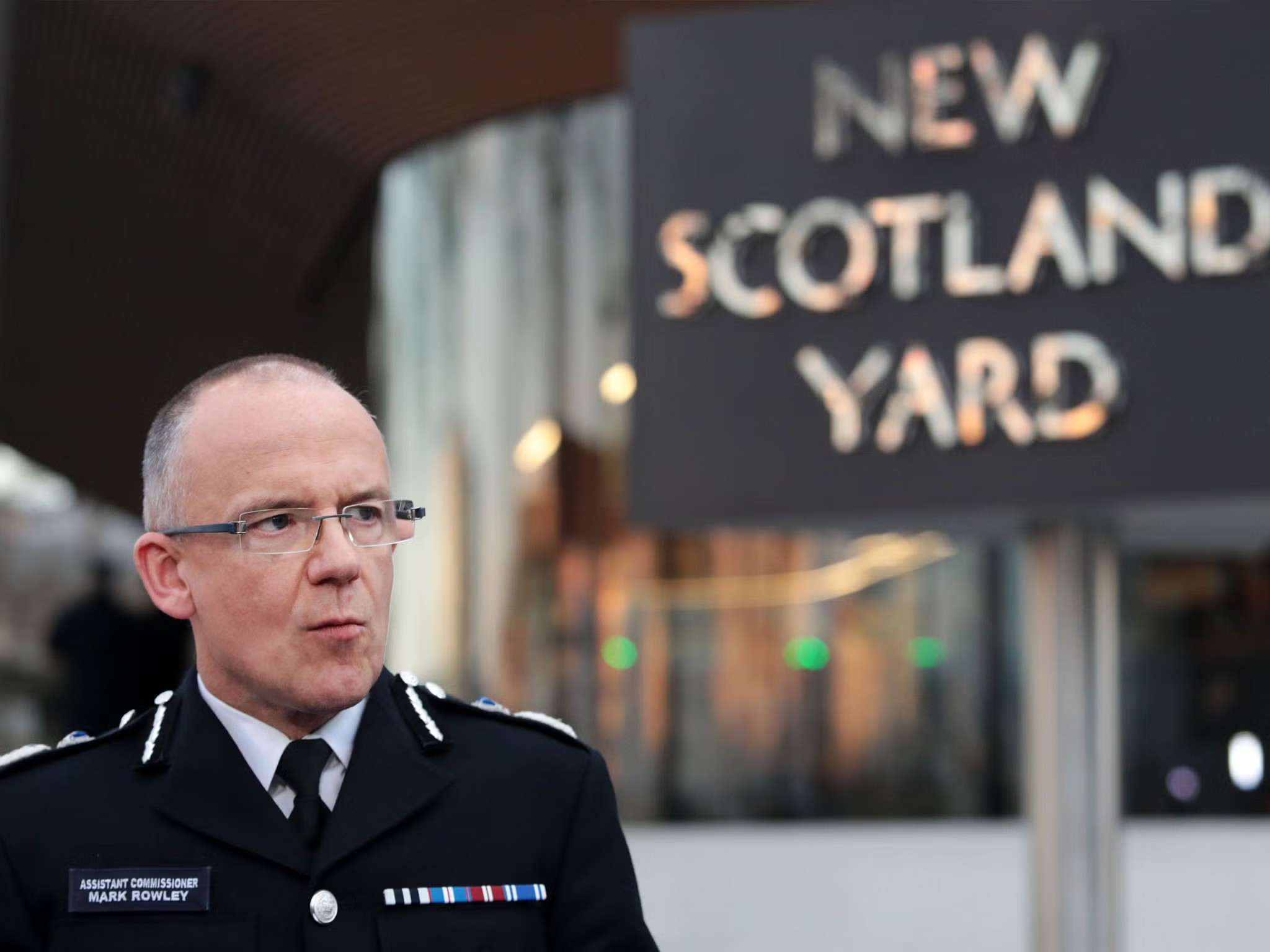 Metropolitan Police Commissioner Sir Mark Rowley
Metropolitan Police Commissioner Sir Mark Rowley
We're all old enought to remember the Met’s own Gang Matrix—a database so controversial it’s been condemned by Amnesty International for disproportionately targeting young Black men, often based on flimsy or racialised criteria? Is LFR feeding into it? Is it being used to expand it?
The public deserves answers. Because this isn’t just about who gets scanned—it’s about what happens next. And in a city where the Met already runs a racially skewed gang database, the risk of algorithmic profiling and institutional bias is not hypothetical. It’s happening.
Advertisement
Civil Liberties Groups Are Sounding the Alarm
Eleven anti-racist and civil liberties organisations condemned the use of LFR at Carnival, calling it a “mass surveillance tool that treats all carnival-goers as potential suspects.” They warned that the technology is “less accurate for women and people of colour” and has “no place at one of London’s biggest cultural celebrations.”
The Equality and Human Rights Commission (EHRC) went further, declaring the Met’s policy “unlawful” and “incompatible” with human rights law. They cited violations of privacy, freedom of expression, and freedom of assembly.
“We believe the Metropolitan Police’s current policy falls short of the legal standard,” said EHRC chief John Kirkpatrick. “Facial recognition must be used only when necessary, proportionate, and constrained by appropriate safeguards.”
A choice to surveil Black communities and shield far-right extremists who pose a threat to democracy is a deliberate choice to discriminate. A choice to treat Carnival as a crime scene and Robinson’s rally as a political gathering may have serious consequences.
But it’s also a choice to expand biometric surveillance without public consent or oversight. The Home Office’s silence on database access is deafening. And Rowley’s refusal to disclose how LFR interacts with national systems is a threat to civil liberties.
Rowley has shown us who he is. He cannot be trusted to lead a force that claims to serve all Londoners. He must resign.


.jpeg)

